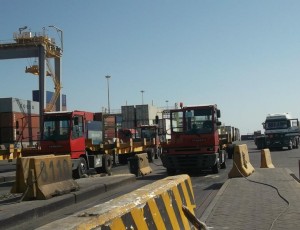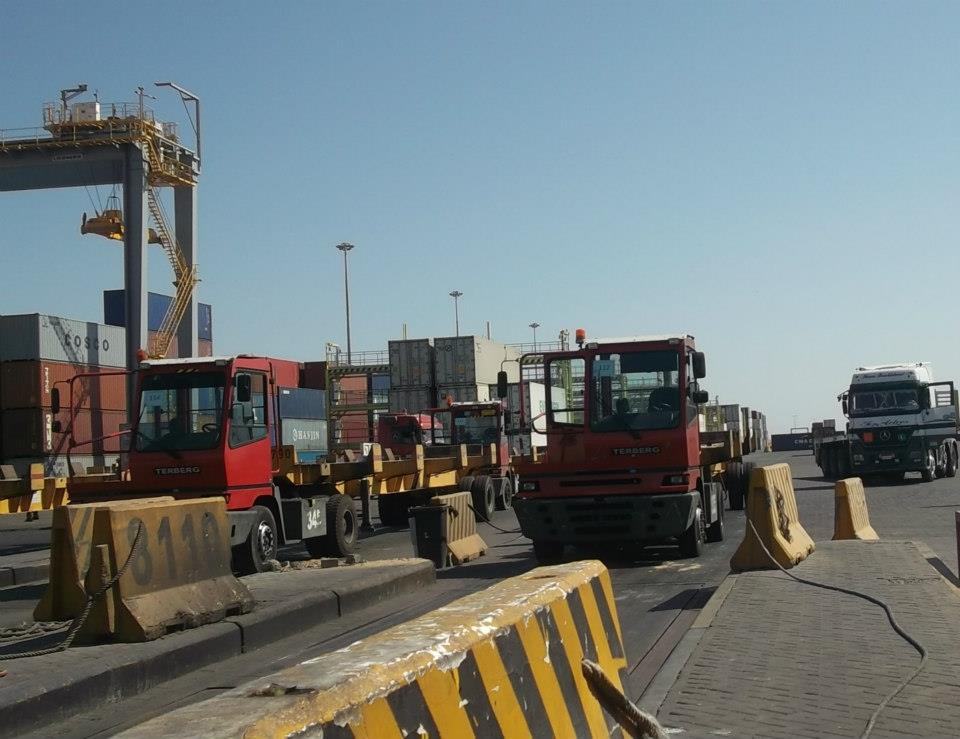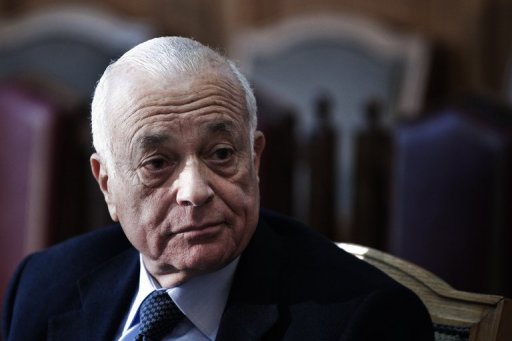
By: Hassan Ghoneima
A counter protest has been staged against the ongoing closure of Sokhna Port by 2700 striking workers.
Over 200 workers, including representatives from Dubai Ports World, six international shipping lines, transport contractors and customs personnel working at Sokhna Port, staged the counter protest to highlight that the current strike is threatening the livelihood of 8,000 families working directly and indirectly with the port.
The demonstrators at the counter protest opposed the closure of the port, according to participant Ahmed Aboul Wafa, director of an international shipping line. The dispute between Dubai Ports World and its workers should not have led to the stopping of the loading and unloading of containers from ships, he said.
He said that there were lines that began communications two days ago on behalf of management in Asia, Europe, and the United States in an effort to negotiate to reroute shipping to other ports in both Egypt and neighbouring countries, including Jordan and Israel.
Mahmoud Bahgat, a customs collector and a participant in the protests, said that all employees from CNN International Shipping and the Bal Shipping line agreed to issue an urgent memo to those responsible for the formation of the emergency committee in the Ministry of Labour and the Red Sea Ports Authority and Dubai Ports and the Syndicate of Labour to use legal decisions adhered to by all parties to prevent future closures of the port.
He also said the protesters had agreed to step up their demonstrations and move the sit-in to the Suez Governorate, the Ministry of Transport, the Investment Authority, the Cabinet, and the office of the president if necessary.
The union committees organised a number of factories and companies in Suez that have experienced differences between workers and management to meet in Martyrs Square to unify their demands.
Ceramica Cleopatra, Port of Sokhna, San Goban and a group of independent trade unions are expected to join the meeting.
The meeting will discuss workers issues in many of the production sites throughout Suez and will attempt to come up with intermediary solutions to move beyond the current impasse.



